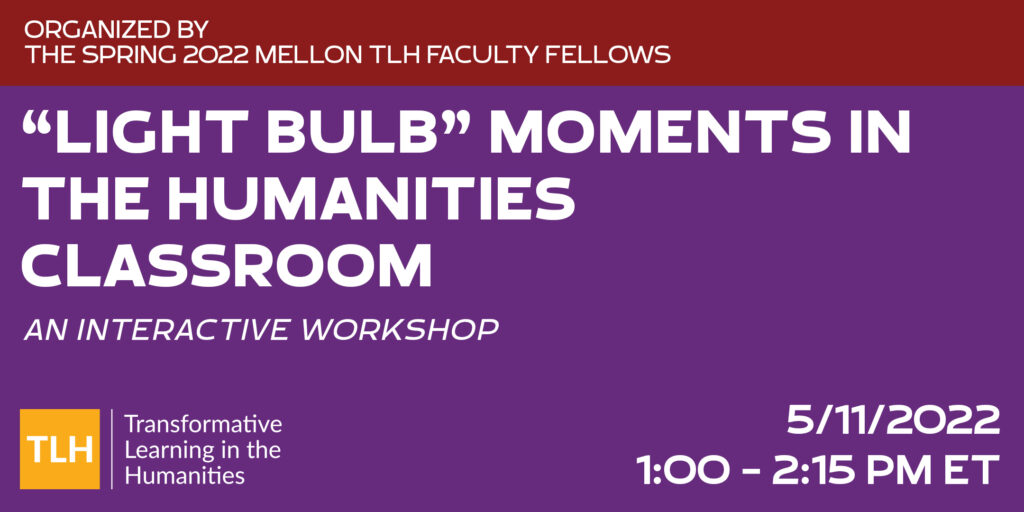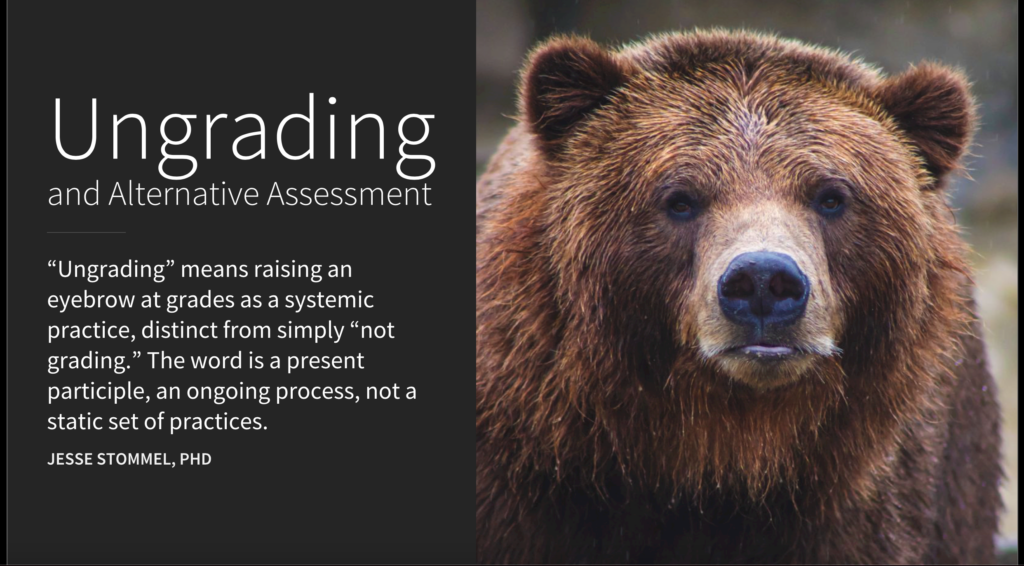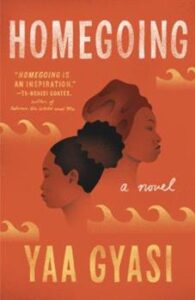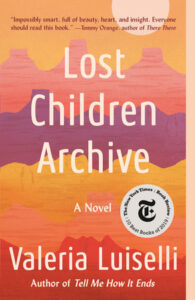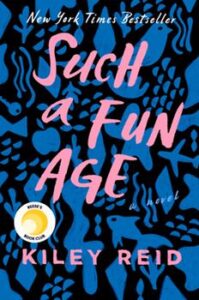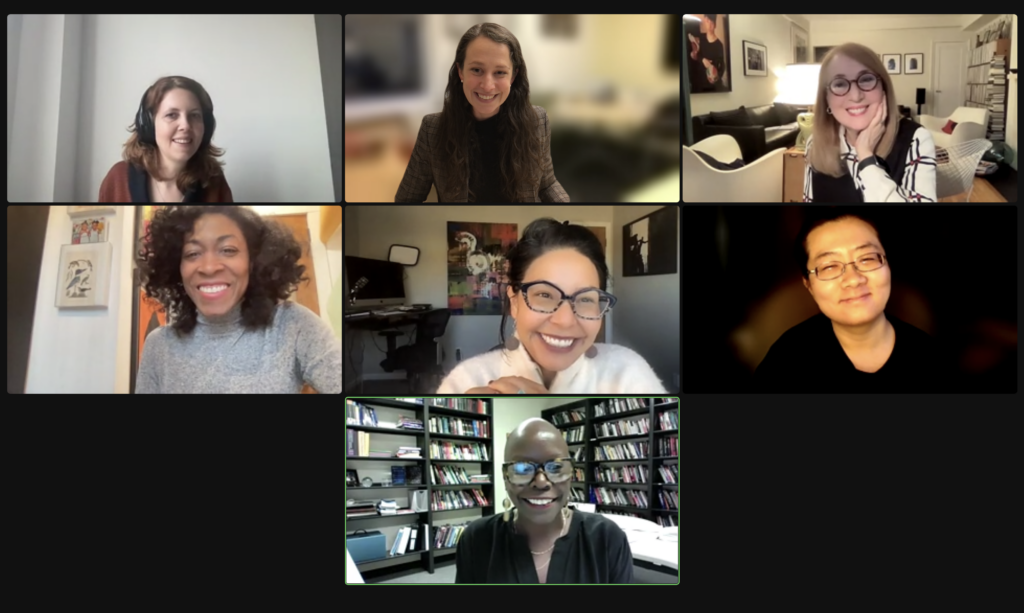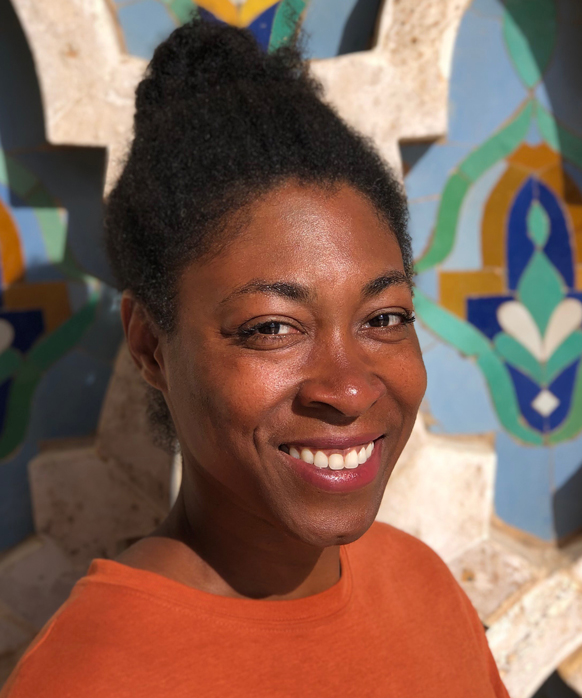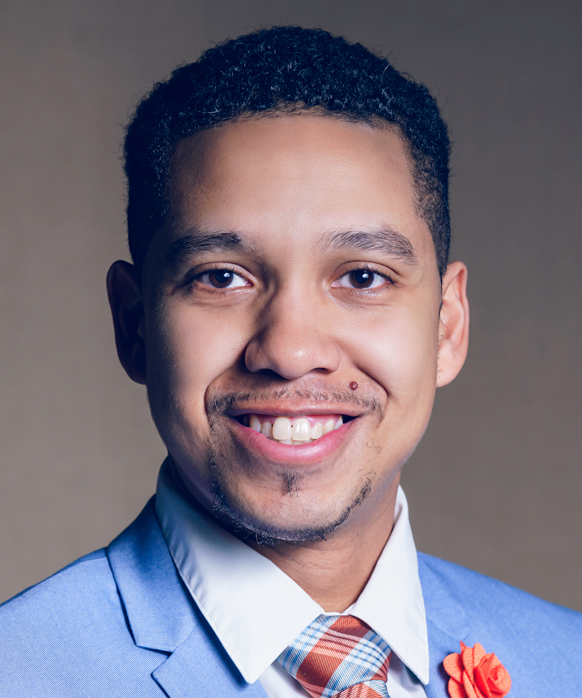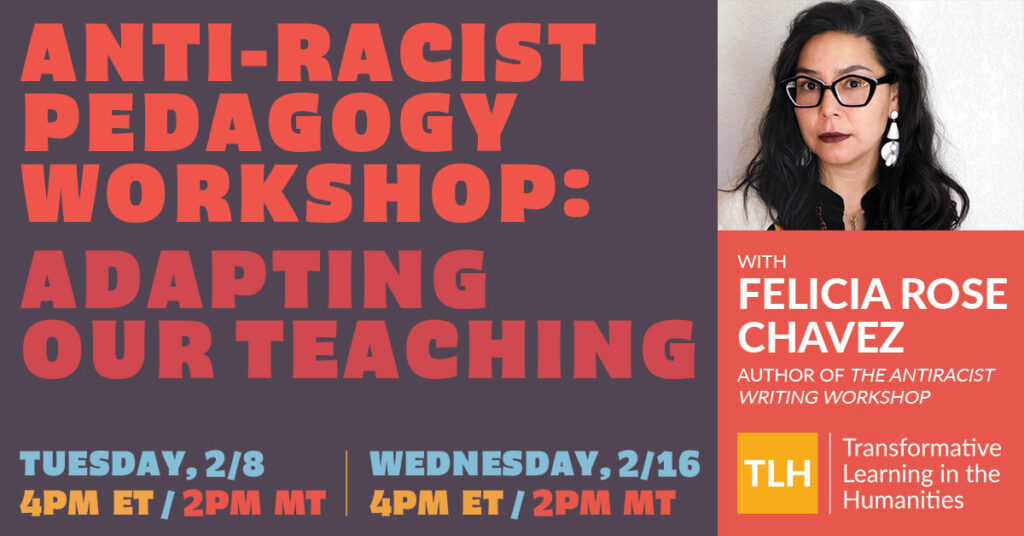In her workshop on April 5th, Dr. Jamila Lyiscott, aka, Dr. J, began by thanking all those who made this event happen, as the quest towards justice cannot be taken for granted. We were then put into breakout rooms for a short activity, with the following instructions:
1. Choose a ‘whistle-blower’
2. Answer the question, “should multiple literacies be allowed in classrooms?”
3. You are only allowed to use two syllables or less for the duration of the conversation
4. If this rule is broken, the ‘whistle-blower’ should make an obnoxious sound
In the reflection afterwards participants discussed how the limitations robbed their motivation to speak, but not because they had nothing to say. Dr. J shared how this exercise helps to reveal how harmful education spaces can be: enforcement of “standard” language norms turns faculty into “whistle blowers” robbing students’ motivation, while also preventing enforcers from hearing students. To combat these linguistic constraints, Dr. J pointed to the liberatory capacity of languages and the cultural practices of people of color in particular. She noted how she includes a unit in all of her classes on the cipher, sharing a poem of her own, “The Art of the Cipher,” on bringing liberatory practices into the classroom, asking at one point, “how many students do we label illiterate by societal standards?”
Dr. J discussed code-switching as a continuation of colonial violence, requiring a certain language in order to be validated within the classroom and other institutions. She referenced the work of Dr. Geneva Smitherman and Dr. April Baker Bell who both highlight language as a site of cultural struggle, a marker of social mobility.
Dr. J then played a clip from Glamour, “Uzo Aduba Never Liked Her Name,” where Uzo explains she asked her mother to call her Zoe because no one can say Uzoamaka, and her mother replied that if they can say other names (e.g.,Tchaikovsky, Michelangelo, Dostoyevsky), they can pronounce yours. Here Dr. J emphasized how our classrooms are not neutral spaces, and if we don’t intentionally work toward racial equity and healing, we are holding up social injustice.
Dr. J asked participants to reflect on the complicity they have in the institutional rewarding of Eurocentric knowledge and language practices. She outlined how liberation is different from inclusion in that it is about systemic change, breaking down oppressive logics, not reforming a broken system, not just having people of color doing the same work that upholds oppression. She discussed how the case of George Floyd and the media’s focus on underlying health conditions and intoxicants is another example of racist literacy practices; sharing literacies and language is not just about words — they contain cultures and histories.
She continued with suggestions on how to put liberation literacies into practice, including challenging paradigm principles, divesting from racist logics, and demanding participatory action and institutional alteration. It means pushing back against impulses to demand students of color perform whiteness to gain success: “Standard language is the language of people in power, it is not the language of power.”
Dr. J read the poem “(Untitled)” by Brian Yoo, written in response to Texan lawmakers suggesting Asian people adopt easier names. The event then moved to a lively Q & A portion, with discussions on how to best support students so they can develop their voices and identities while being honest about how the world and the university institution operates, while working collectively to dismantle it.


